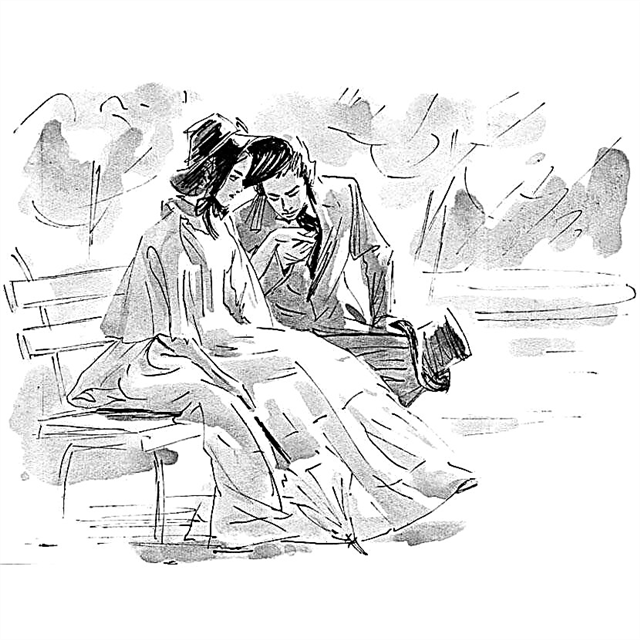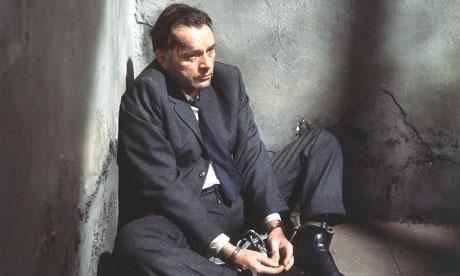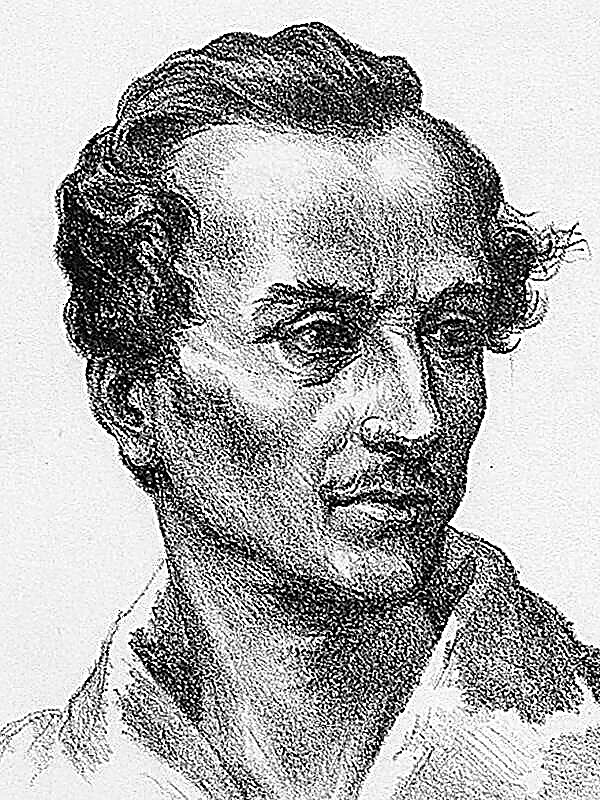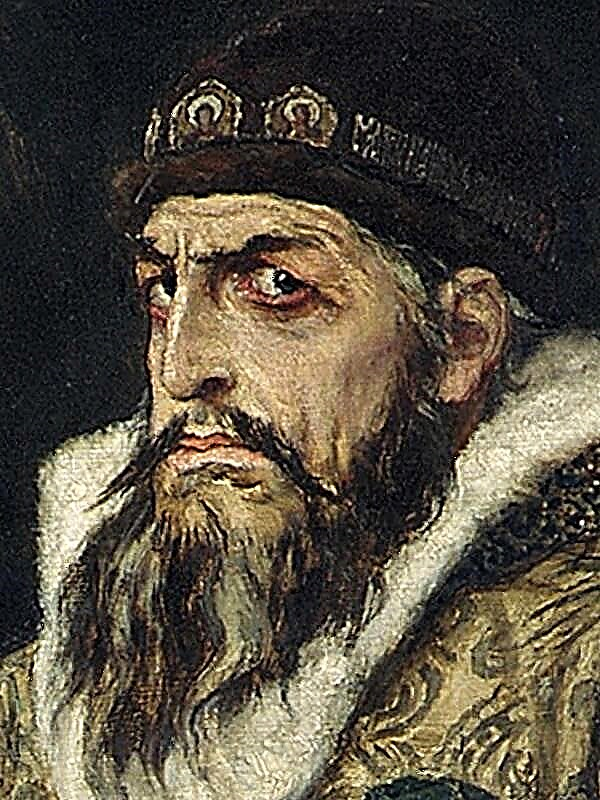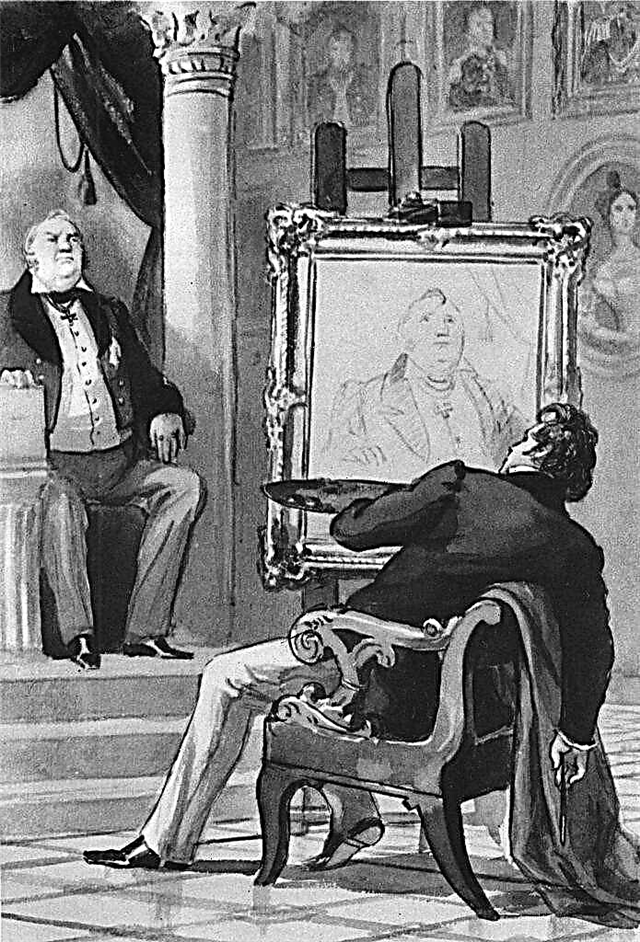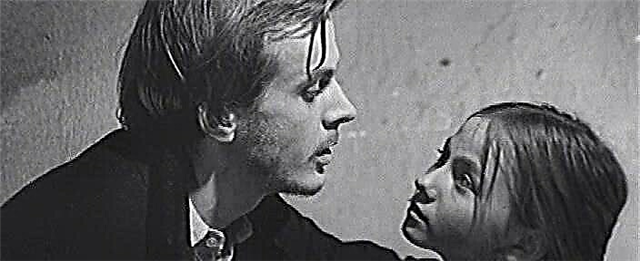I.S. Turgenev is a famous Russian realist writer, playwright and lyric poet. He is known not only for his immortal novel “Fathers and Sons”, but also for the collection “Poems in Prose” (1877-1882), which also addresses socio-political and moral issues. One of the components of the collection is the lyrical miniature "Sparrow" (1878).
History of creation
“Sparrow” was written in 1878, becoming one of the final works of the famous Russian writer. It is worth mentioning that Turgenev wrote such “poems” when inspiration came to him: he had to write on pieces of paper and collect separate materials to collect the general plot.
Mikhail Matveyevich Stasyulevich, editor of Vestnik Evropy magazine, where the work was subsequently published in 1882, became the first listener of Sparrow, predicting the way for him to be universally recognized and loved by readers. Together with the Literaguru team, we will contribute to understanding the depth of meaning contained in the lines of Turgenev’s later literary work.
Genre, direction
“Sparrow” refers to the lyrical kind of literature, which, in addition to the poem, includes an ode, elegy, epitaph, message and epigram. In the lyrics, with the help of expressive means, the feelings and emotional state of the main characters are described, showing the inner world of the characters of the work. The direction in which the Sparrow is evaluated is realism.
I.S. Turgenev for the greatest transfer of lyrical experiences uses such a genre in literature as a poem in prose. This is a special literary form, with the help of which the writer briefly describes the special meaning and heightened emotionality without resorting to rhyme and rhythmic organization of the text. A folding text without rhyme helps the reader understand not only the idea of the work, but also penetrate the “secrets” contained in the writer's work.
The main characters and their characteristics
- A feature of “Sparrow” is the presence in the work of the main characters in the role of animals that fell into a big life drama. Dog trezor, who is trying to take possession of the game in the face of a small defenseless chick, personifies not so much evil itself as the vicissitude of fate and the difficulties of life. Indeed, the fact that he is inferior to the brave sparrow his “prey” suggests that Tresor only follows the “call of the animal world” and not his personal motives, which cannot be said about the main character ...
- Adult sparrow selfless and courageous in the face of danger, but it is love for his “chick” that makes him risk his own life. Turgenev writes about such “love” that is characteristic of every living being, it is sacrificial and selfless, which distinguishes it from an ordinary natural instinct. And if the little sparrow needs guardianship and is afraid to withstand the impending threat, the adult sparrow does not think about the consequences of death, the fate of his “child” is important for him.
- Himself hunter, lyrical hero, appears before us an honest and principled person, devoid of cruelty and aggression. He hunts, but at the same time plays by the rules: he takes only what he was able to achieve on an equal footing. The beast, deprived of the opportunity to resist and beat people, he does not need. He tries to take care of nature and use its resources economically. His heart is kind, so the hunter leaves the sparrow family alone, admiring the bravery of the brave bird.
Topics
- Main theme - mother's love - a feeling inherent in every living creature that distinguishes it from an insensitive stone or metal. It was the sparrow who showed his craving for his child and care for him, neglecting life for the sake of saving the chick. It should be said here that Turgenev in a concise literary form was able to convey to the reader all the acuteness of this feeling, which is felt by all the inhabitants of our planet. Therefore, a person should not be conceited and consider himself the smaller brothers, because we all live by the same values for which we can die.
- Another theme of the work is the concept of "responsibility". Responsibility for one's own “child”, for maintaining his safety and for sheltering him from all sorts of life difficulties and problems in Turgenev’s understanding distinguishes the “real”, one can say, “human feeling”, which came from animal instinct.
- Also, the author raises the theme of respect for nature. By his behavior, he shows that a person should be a modest and economical master. We need to limit our capabilities by considerations of ethics, morality and frugality, because we have been given one land, and we do not have the right to plunder it thoughtlessly, killing easy prey - animals that can’t even fend for themselves.
Problems
- I.S. Turgenev, describing the above topics, adds another, a lot of important, to his work the problem is declarations of love. After all, it is this feeling that makes the embarrassed hunting dog Trezor retreat from its intended goal: the capture of prey. The author himself also recalls the dog in order to completely rid the bird of fear. He, like his pet, recognizes that the power of a parent's love for a child should only cause awe, and not provoke aggression. Alas, people do not always reckon with the feelings of animals, mistakenly believing that the beast is not able to love his family.
- The reader can also see the problem of moral choice, which is solved by the sparrow very simply, thanks to the instinct and harmony of the natural world where it lives. Unfortunately, people cannot always follow his example, because their world is filled with complexities, contradictions and falsehood that distort the natural nature of man. That is why the author draws the attention of the reader to this case on the hunt: he teaches us to uncompromisingly protect the main thing that we have.
Meaning
The author of the work shows the real power of love, which is stronger than the fear of death and death itself. That is his main idea. In Turgenev’s understanding, every living creature has such qualities, and only a fool can’t understand that even the smallest “God's creation” contains more love and maternal care than some people. This work is a kind of parable about how to love.
The writer also teaches us to respect love wherever we meet it. You do not have to laugh at her, even if her manifestations at times seem ridiculous to us. It must be respected, for this quality is the great value of all living beings.

